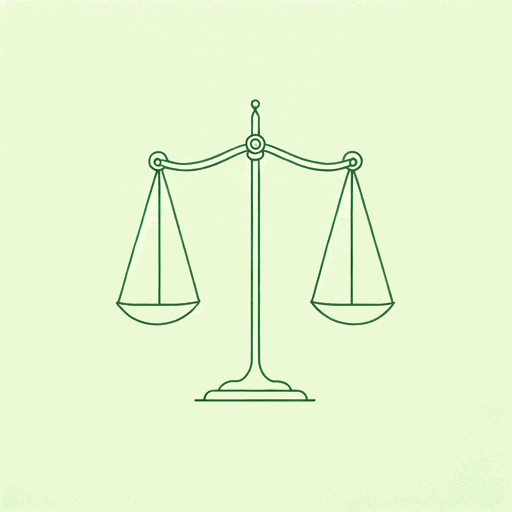49 pages • 1 hour read
Iris Marion YoungJustice and The Politics of Difference
Nonfiction | Book | Adult | Published in 1990A modern alternative to SparkNotes and CliffsNotes, SuperSummary offers high-quality Study Guides with detailed chapter summaries and analysis of major themes, characters, and more.
Index of Terms
Abjection
Abjection, a term Young borrows and adapts from the work of feminist theorist Julia Kristeva, is “the feeling of loathing and disgust the subject has in encountering certain matter, images, and fantasies – the horrible, to which it can only respond with aversion, nausea and distraction” (143). To protect the security of their own identity, members of social groups unconsciously respond to oppressed and disadvantaged groups, which have been objectified and defined as ugly, with this feeling. In so doing, they engage in cultural oppression.
Autonomy
Autonomy exists when an individual or group has the sole and final authority to make decisions without interference from others (249). Young views this as a private concept, or one which excludes others from interfering.
Basic Security System
An individual’s basic security system, as Young uses Anthony Giddens’s theory to explain, is grounded in an identity that provides a sense of autonomy. People reject those different from them to protect this sense of security (often at an unconscious level).

